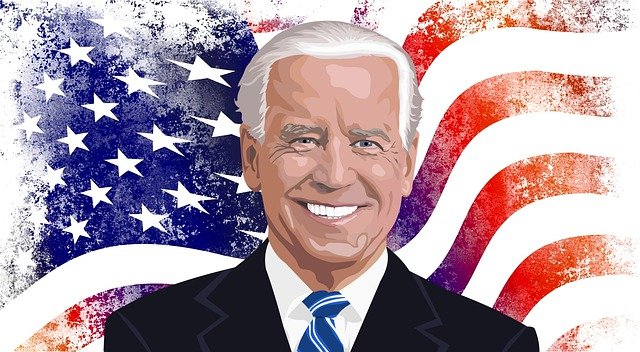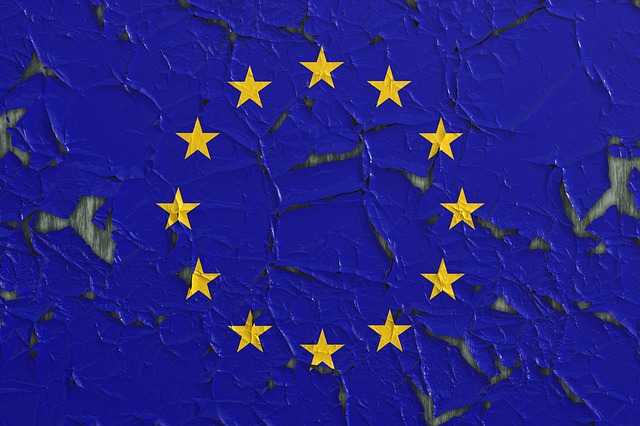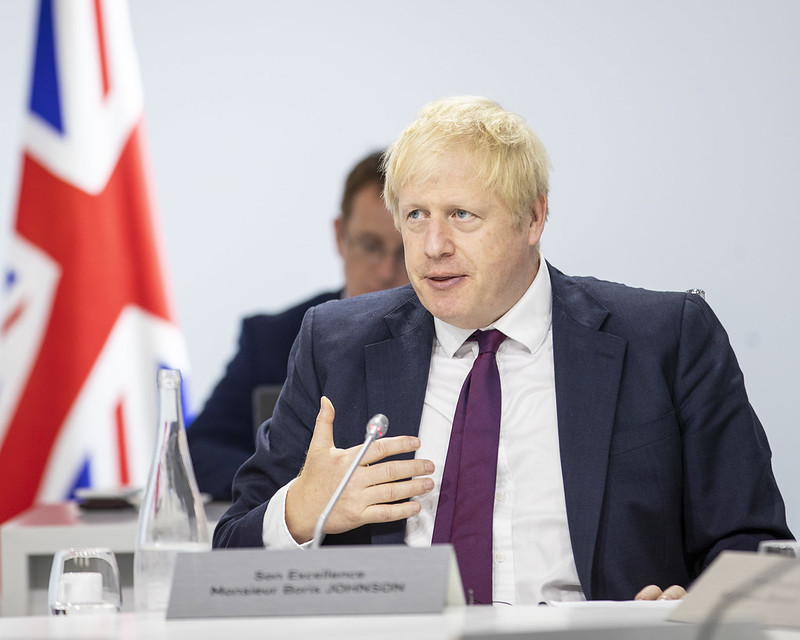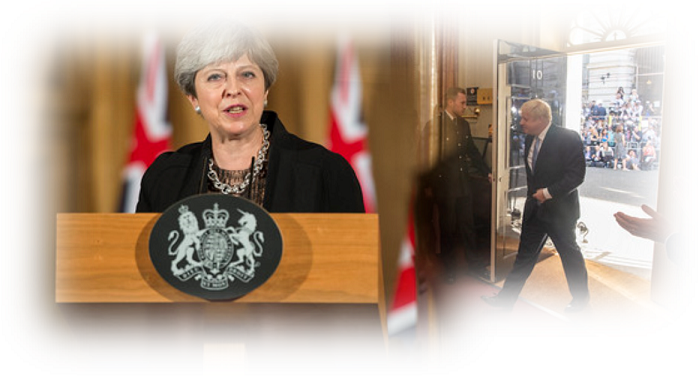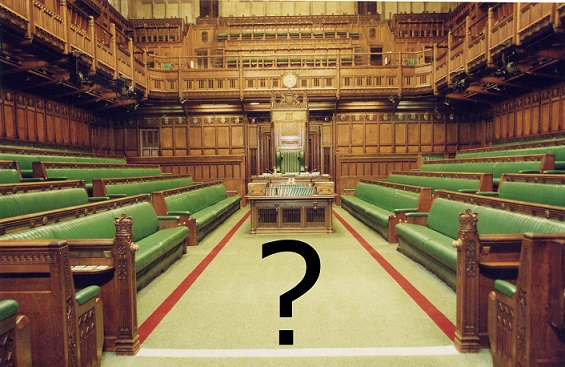30 January 2021 | OPINION
Thomas Clowes-Pritchard is a Policy Fellow of The Pinsker Centre, a campus-based think tank which facilitates discussion on global affairs and free speech. The views in this article are the author’s own.
Now that Joe Biden has been confirmed as the 46th President of the United States, the question arises: “How will US foreign policy be different under Biden?”
President Trump has been a huge success for foreign affairs. He has been tough on China – something which will be ever more important moving forward. He has recognised Jerusalem as the capital of Israel as well as brokering peace agreements between Israel and the UAE, which were later joined by other countries in the region. He also argued for Europe to pull their weight in NATO and he wished to work closer with the UK in forming a free trade agreement. Under a Biden administration, it is likely that the agreement between Israel and the UAE will continue to be supported, as there is no rationale for changing course – likewise for the other deals that followed.
The favourable view of the EU taken by Biden and many of his Democratic Party colleagues is expected to impact on their foreign policy approach. One consequence of a pro-EU agenda will likely be an end to explicit campaigning from the White House for European nations in NATO to stick to spending 2% of GDP on a defence budget. Another consequence is that, in light of Brexit, there is debate as to whether a Biden Presidency will be friendly to the UK.
It is important to note in relation to Biden’s scepticism of Brexit that he was Vice President to President Obama, who said Britain would be ‘at the back of the queue’ in any trade deal with the US. Biden and his colleagues are sceptical of Brexit and see the EU and its institutions as friendly to the US (particularly under a Democratic Party White House). It is indicated, however, that Biden’s America will only refuse a trade agreement with the UK in the event of London ignoring or violating the Good Friday Agreement.
Moreover, the UK is taking a leading role in foreign affairs concerning Russia, the Ukraine, Belarus and NATO; increasing the British defence budget by $22 billion and launching the Global Media Defence Fund with UNESCO, there would be little impetus for Biden to back out of a trade deal, especially as one has already been partly negotiated with the Trump administration. In addition, because the UK has already negotiated free trade deals with fellow G7 members Japan and Canada, this has set a precedent for G7 members to embark on a free trade relationship with the UK and it could be seen as odd if the US does not follow this precedent.
It is also unclear how a Biden Presidency will affect US foreign policy with respect to Asia. As pressure is mounting from the American public and the international community (especially since the Coronavirus outbreak was often dubbed the ‘China virus’ by the outgoing President), it may be that Biden and his Secretary of State increase economic sanctions on China in order to weaken both their economic position as the second-largest economy by GDP and their influence in Hong Kong.
A further area of US foreign policy for which the trajectory remains unclear is the situation in North Korea. It is arguable that President Trump played a large part in the de-escalation of tension on the Korean peninsula, but the potential response from Seoul and Pyongyang to President Biden and a new Secretary of State being involved in affairs in Korea is not truly gaugeable yet.
Overall, it is difficult to say definitively how US foreign policy and the world will change as a result of a Biden Presidency. We will have to wait and see how Biden’s administration will act on the world stage to see how accurately we have predicted the situation. The best that can be done, until Biden lays out his plan for the first 100 days, is to offer speculation based on political rationale and how the new President has acted previously.
Nevertheless, the most reasonable prediction currently is that although the Biden administration will perhaps be closer to the EU than the UK, there will be significant rationale for President Biden to approve a US-UK trade deal. It is especially important for the US and the UK, as powerful Western nations, to stand together as new global threats from China emerge.






